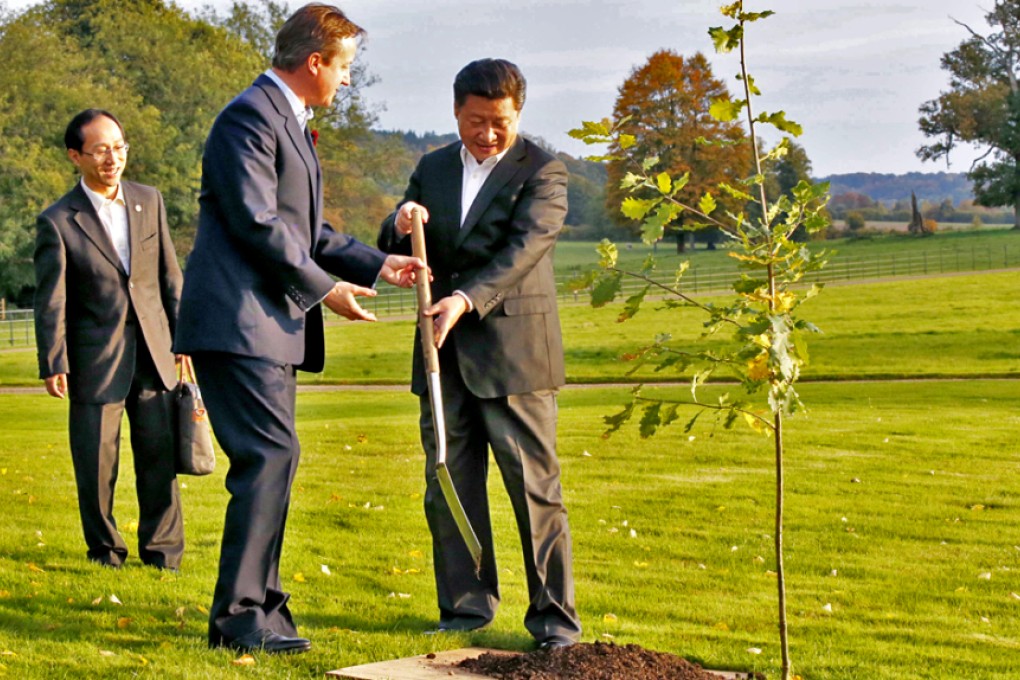Analysis | ANALYSIS: Britain’s new ‘special relationship’ with China is built on pragmatism

Since the second world war, British foreign policy has been built on its so-called special relationship with the United States, which emerged from that conflict as the world’s most powerful nation. This week, London showed it was attempting to build another special relationship, with China, the world’s fast-rising power that is on its way to challenge US dominance in global affairs.

But this new turn of events raises two questions. First, just how special will London and Beijing will regard their relations in the years to come. Second, how similar – or different – will Sino-UK relations be to the longstanding transatlantic alliance.
Britain is known for its pragmatic diplomacy. For instance, it was not only the first Western nation to recognise the new communist republic in 1949, but did so even before the Soviet Union for fear of a possible communist military takeover of Hong Kong. British foreign policy is best summed up by the words of 19th-century prime minister Lord Palmerston: “We have no permanent allies, we have no permanent enemies, we have only permanent interests.”
READ MORE: The eight key messages Xi Jinping seeks to convey to the world on his UK visit
China’s state media played up the pomp and pageantry of the welcome for Xi’s four-day visit, especially the involvement of Britain’s Royal Family, to showcase such “special relations”. The warmth of relations has also drawn widespread criticism of London’s foreign policy.